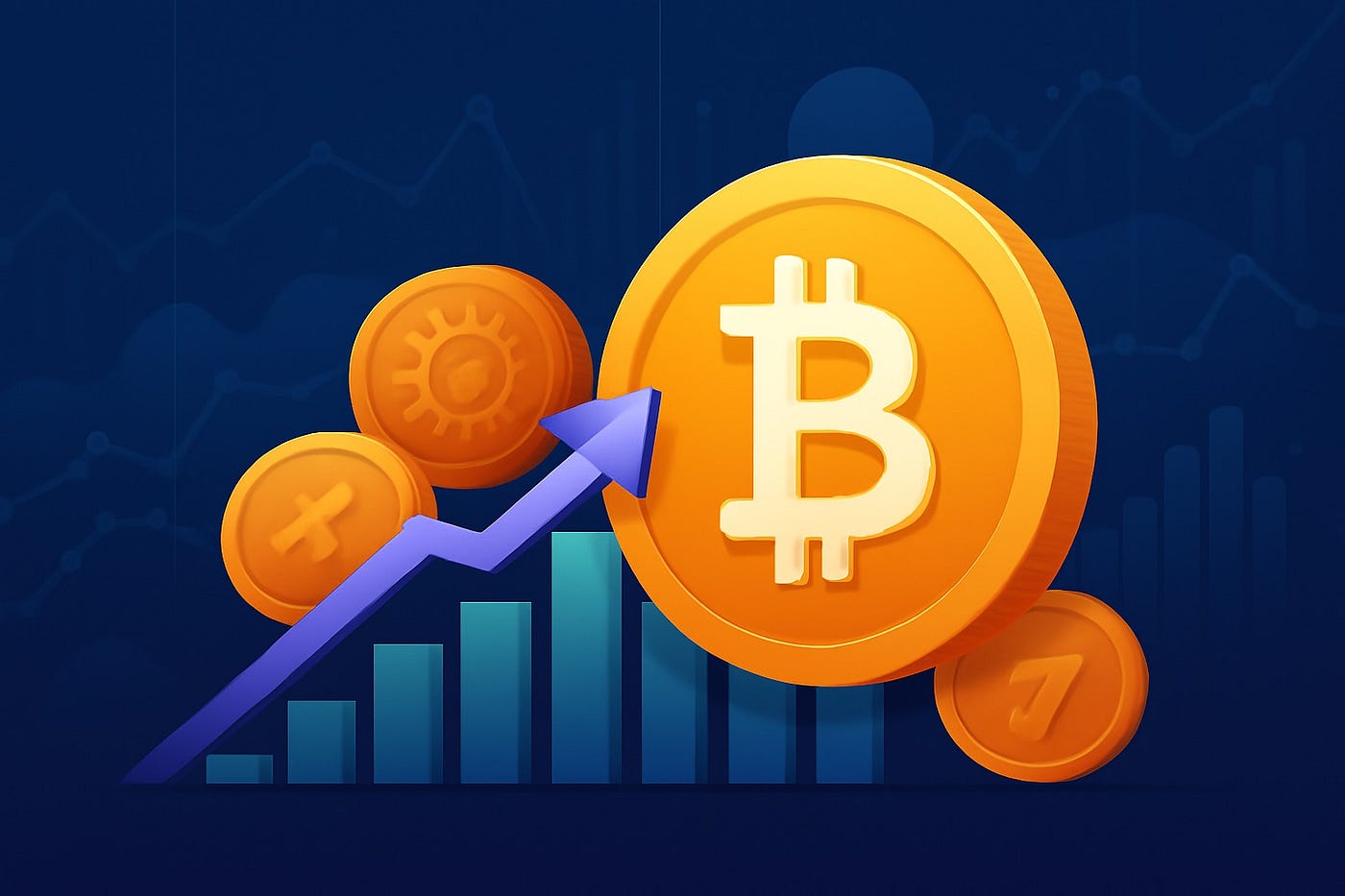Bitcoin incentive programs offer businesses a distinct advantage when targeting premium customer segments who value innovation and financial sophistication. Unlike traditional loyalty programs that provide predictable points or discounts, cryptocurrency rewards create a unique value proposition through potential appreciation, transferability, and the prestige of digital asset ownership. These attributes particularly resonate with affluent consumers who seek distinctive experiences and investment opportunities from their brand relationships. For businesses exploring innovative loyalty strategies, have a peek here at how cryptocurrency incentives differ fundamentally from conventional programs. The ownership of actual digital assets rather than company-controlled points creates a psychological shift in how customers perceive rewards, transforming them from temporary promotional tools to genuine assets independently of the granting business.
Luxury of digital scarcity
- Limited-edition tokenised rewards create exclusivity through verifiable blockchain scarcity
- Premium customers value ownership of provably rare digital assets more than abundant points
- High-status indicators embedded in blockchain records provide social signalling opportunities
- Transferable rewards allow gifting or trading, enhancing perceived value beyond traditional programs
- Early access to token-based initiatives attracts innovation-minded premium clients
- The mathematics of fixed supply assets resonates with financially sophisticated customers
Appreciation potential appeals
Traditional loyalty points depreciate through inflation or program devaluation, while cryptocurrency rewards may appreciate over time. This fundamental difference attracts premium customers who view all interactions through an investment lens. The possibility that rewards could increase in value transforms the customer’s calculation from immediate redemption to strategic holding. This investment psychology creates more substantial retention effects than conventional loyalty mechanisms. Premium customers become stakeholders in the ecosystem’s success rather than merely transactional participants. When rewards are appreciated, customers have financial incentives to maintain their relationship with the business and monitor its developments. This ongoing engagement is particularly valuable with premium segments that might otherwise distribute their spending across numerous competitive options.
Psychology of ownership
Bitcoin incentives tap into deep psychological ownership principles that resonate with premium market segments. The private key model of cryptocurrency creates a more profound sense of possession than traditional reward points, which ultimately remain under the company’s control. This actual ownership activates the endowment effect, where people value what they genuinely possess more highly than identical items they don’t own. Premium customers, who often value autonomy and control, respond strongly to rewards they authentically own rather than conditional benefits dependent on company policies. When rewards exist independently on blockchain networks rather than proprietary databases, customers perceive them as more valuable and permanent. This perception transforms the relationship from transactional to partnership-oriented, with both parties having stakes in a shared ecosystem.
Measuring performance metrics
Successful bitcoin incentive programs require evaluation frameworks that are different from traditional loyalty initiatives. Beyond standard metrics like enrollment and redemption rates, cryptocurrency programs benefit from blockchain-specific measurements such as token velocity (how frequently rewards change hands) and holding patterns (how long customers maintain their rewards before using them). These behavioural indicators provide deeper insights into program effectiveness than conventional metrics alone. When premium customers hold rewards rather than immediately redeem them, this signals confidence in the program’s long-term value. By aligning cryptocurrency rewards with premium customers’ desire for exclusivity, appreciation potential, and genuine ownership, businesses can create loyalty mechanisms that outperform traditional programs for high-value market segments.





